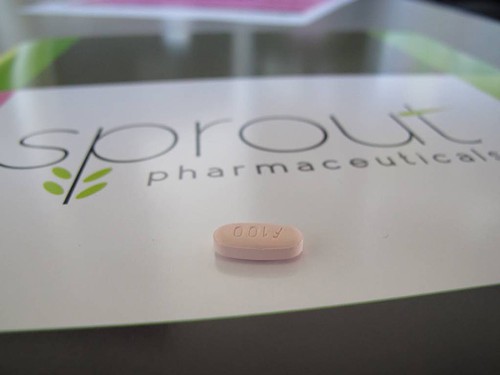
WASHINGTON (TIP): The Food and Drug Administration on Tuesday, August 18, evening approved the world’s first drug designed to stir a woman’s waning desire for sex, a condition that affects an estimated 1 in 10 U.S. women.
The approval of the controversial drug, flibanserin, which the FDA twice rejected before and now will be marketed as Addyi, comes with a series of conditions reflecting the agency’s concerns about serious side effects. These include a boxed warning that highlights the risks of low blood pressure and fainting in patients who drink alcohol while taking the drug, as well as a requirement that doctors complete a training course before being allowed to prescribe it.
“Because of a potentially serious interaction with alcohol, treatment with Addyi will only be available through certified health care professionals and certified pharmacies,” Janet Woodcock, director of the FDA’s Center for Drug Evaluation and Research, said in a statement. “Patients and prescribers should fully understand the risks associated with the use of Addyi before considering treatment.”
Supporters of the drug hailed the decision as an end to what they called “gender bias” at the FDA, giving women more choice and control over their sexual lives. Critics said the approval of what some call a “mediocre aphrodisiac” with significant side effects has now turned the normal range of women’s low sexual desire into a disease, with pharmaceutical companies only too eager to rush in. The FDA is requiring the drug manufacturer, Sprout Pharmaceuticals, to conduct three studies in women to better understand the serious known risks of the interaction between Addyi and alcohol.
The pill is intended to treat a condition called Hypoactive Sexual Desire Disorder, or chronic and distressingly low libido in pre-menopausal women that cannot be explained by factors such as relationship troubles, stress, or medical or psychological issues. The FDA recommends that women stop using the pill if they notice no change in their libido after eight weeks.
The FDA rejected the drug in 2010 and in 2013, saying the risks of side effects such as nausea, dizziness, low blood pressure, fainting and sleepiness outweighed the “modest” benefit.
In June, however, an FDA advisory panel voted 18 to 6 to recommend approval. That vote came after Sprout conducted additional safety testing and measured the drug’s impact on sexual desire over 28 days, not daily as in earlier studies. The FDA concluded there was a “statistically significant” improvement over a placebo. Prior to flibanserin, there had been no FDA-approved treatments for Hypoactive Sexual Desire Disorder, first described in medical literature in 1977.
Surveys show that low libido is the most common female sexual dysfunction. Counselors say it is also the most difficult to treat. And if flibanserin does not work, there are several other drugs aimed at boosting women’s craving for sex already in the FDA pipeline.





Be the first to comment